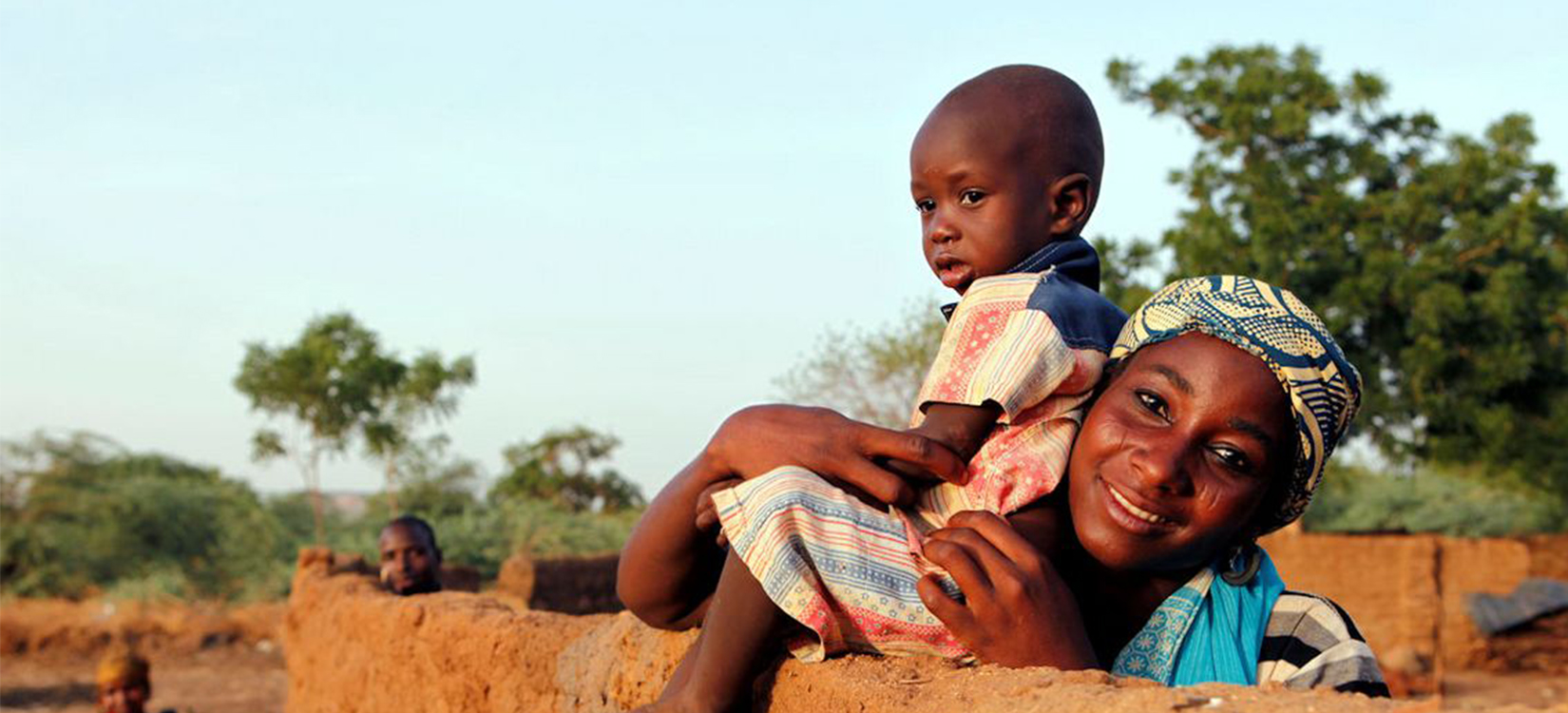SOCIAL WORKERS AT THE FRONTLINE PERFORM “ESSENTIAL LIFE-SAVING ROLE”

The extent that COVID-19 has struck the nation created a national emergency situation. In fact, on March 7, 2020, the Department of Health (DOH) declared Code Red Sub-Level 1 under a State of Public Health Emergency. With Code Red, the DOH “recommended to the Office of the President for the declaration of a State of Public Health Emergency which will facilitate mobilization of resources, ease processes, including procurement of critical logistics and supplies, and intensifying reporting.” A day after, March 9, 2020, President Duterte issued Proclamation No. 922 declaring a State of Public Health Emergency throughout the Philippines.
In the social protection discourse, “shocks are the occurrence of one or multiple events that result in a loss of welfare by individuals or by a wider community.” The current scenario triggered by COVID-19 has affected a large proportion of the population simultaneously (classified as covariate shock) and affected individuals, often through the life cycle events such as a loss of jobs, illness, death, etc.).
Amidst this national emergency, human relationships are defined in new contexts. Social workers who serve in the frontlines are forced to confront unprecedented challenges to provide social services to the people.
When public transportation was suspended, our colleagues walked, hitched a ride, or biked their way to their places of work. Social workers in the hospital spent their own money for additional personal protective equipment (PPE), tapped funds from existing donors until the latter have reached “donor fatigue”, and improvised their work stations to protect themselves while accommodating the increasing number of families with COVID-19 cases requiring support. Others have opted to stay in dormitories and other half-way facilities rather than go home, making the choice to protect their families from potential exposure but sacrificing their family life. There is a “covidization of the health services,” or refocusing of limited personnel and resources to COVID-19 response, thereby limiting capacity to respond to other equally pressing health challenges.
Our colleagues in the Department of Social Welfare and Development (DSWD) have braved the rains, suffered from the heat of the sun, and crossed rivers in order expedite the distribution of financial assistance to the beneficiaries. With the drag in validation of service users and delay because of bureaucratic processes, social workers faced the additional burden of responding to irate service users, often being painted as the antagonist who withholds the poor of their much-needed protection.
Being at the frontline makes every social worker vulnerable to COVID-19. As of 15 August 2020, according to the DSWD, at least 150 personnel have contracted COVID-19. One social worker from the DWSD died weeks ago in Davao City. Shortly before she died, she tested positive for COVID. She was 64 years old, one year short of her retirement.
Those who were infected by COVID-19 took it in strides. After their recovery, they went back again to the frontline. The resolve of remaining in the frontline despite of the risk is no ordinary feat. It is a testimony on how social workers put their lives on the line to be of service. To paraphrase Lean Alejandro, “the line of rendering service is the next best thing to be selfless.”
But being selfless does not mean refusing to demand for accountability and justice. Despite their sacrifices, social workers working in the government have not received their special risk allowance (SRA) and hazard pays. Those who acquired mild infections and applied for hazard pay are still waiting for government support. Social workers at private hospitals seeking to support experienced being passed to one office to another, the Department of Labor and Employment (DOLE), and their respective hospital managements. Nobody wants to shoulder such responsibility of providing benefits as well as protection. No one is defending those who are performing “essential lifesaving roles.”
Such government’s inaction speaks of how it gives worth to the lives of both the social workers and the service users in this time of national emergency. IBON’s assessment is that “Duterte administration’s SAP in the time of COVID-19 has been hit as stingy, snail-paced, chaotic, and marred with controversy and corruption.”
Being in the frontline means that the social workers are one of the key links of the government to the people through the delivery of social services. This link cements government’s legitimacy. But this link is weakening. Everyday, we see workers risking their lives, people being excluded in the decision making, and a government that is more concerned on the ill-conceived plan of beautifying the Manila Bay.
Whatever the odds, the International Federation of Social Workers (IFSW) stated that during the pandemic, the social workers as practitioners “have witnessed many times how crisis situations present opportunities to rebuild better, more inclusive and more stable societies. Our role as social workers is to bring attention to the long-term social solutions. This crisis is no exception.”

